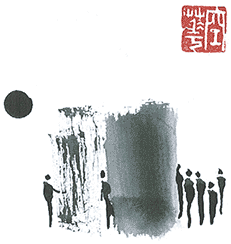Working as a professional Japanese language translator
Japanese is quite a popular language at universities and language learning institutions. Increasingly large numbers of people are enrolling themselves to learn Japanese not because they want to spend years of research in Japanese classical literature or Japanese wars, but because they want to make a living out of it. There are specific programs that hone active language learning skills of students and prepare them to work as language interpreters and translators.
The biggest markets for Japanese language translation are business, finance, automotive, pharmaceutical, and biotechnology. In terms of language combination, English to Japanese translation is quite in demand. English being a lingua franca, most companies have their literature as well as documents in English and then they get those converted to Japanese or German or any other language depending on their business needs and requirements. Depending on your interest, you may work as Japanese German translator or provide professional Spanish Japanese translation services, but the demand for Japanese English translation is quite more.
If you are interested in working as a Japanese language translator, you have two options. You can work as a full time translator with a reputable language translation agency or you may work as a freelancer. Freelancing job promises freedom but you need to build contacts with customers in order to get business. Working in-house as a Japanese English translator or German Japanese translator means better job security, steady income, and the benefits of getting trainings from time to time. You may however to choose mix and match in house and freelancing job. You may do in-house for 2-3 years and then later on when you have established contacts in the industry you can work as a freelancer language interpreter.
If you really want to stand out in this career you must know what makes a good Japanese language translator. A good language translator must possess thorough knowledge about the Japanese language, he must be an excellent writer and reader, and must be flexible, adaptable, quick in translating, and should be technologically well versed. 90% of language translation these days is technical and this applies to almost all the languages, including Japanese. It would be great if you know a bit about economics, science, technology, and most other fields rather than just limiting yourself to Japanese language. A good translation service is not just about words. It is about concepts, images and contexts. And if you want your translation services to be better than the rest, you have to focus on that particular aspect of language translation.
Japanese language translation is a promising career. If you are seriously interested in it, devote your time and effort to enjoy the benefits that this promising career offers.


Comments